Immigration Services
We help businesses, families, and individuals navigate the immigration process and reach their goals
Corporations / Employees
Families
Individuals
Investors
Students
Victims
Immigration Services
Main Menu
H Visa
The Temporary Professional Workers (H-1B)
The H-1B Visa is a temporary work visa available for persons qualified as professionals who are hired to work in specialized occupations. This visa is popular because the term “professionals” has been defined to include many persons with the equivalent of a bachelor’s degree. It is also available to individuals without a degree, so long as they have certain experience in the field and the offered position is professional in nature.
The petitioner (the employer who is hiring for the position, sometimes referred to as the sponsor) has to demonstrate to USCIS that the duties to be performed by the foreign national require a minimum of a four-year degree or its equivalent in a specific field. An advantage of this visa is that it is a dual-intent visa (there is no requirement to provide proof of a foreign residence that the beneficiary does not intend to abandon). It can be initially approved for three years, and then renewed for an additional three-year period.
Nonimmigrant visas for Nurses (H-1C)
The Nursing Relief for Disadvantage Areas Act of 1999 (NRDAA) established the H-1C program to reduce the shortage of qualified nurses in health professional shortage areas. The H-1C program has been authorized until December 20, 2009. It allows foreign nurses to come to the U.S. temporarily to perform services as a registered nurse in a health professional shortage area as determined by the U.S. Department of Labor. Only 500 nurses can be granted H-1C status in a fiscal year nationally and there are also numerical limitations for each state based on the state’s population.
The U.S. Employer must meet strict criteria to be eligible to file a petition under H-1C Program. On the other hand, to be eligible for an H-1C visa, the foreign nurse must:
Have an unrestricted nursing license in the country where the nursing education was obtained, or have received a nursing education in the U.S.;
Be authorized by the appropriate U.S. State Board of Nursing to practice within the state:
Have passed the examination given by the Commission on Graduates for Foreign Nursing Schools (CGFNS), or
Have a full and unrestricted license to practice as an RN in the state where the RN will work, or
Have a full and unrestricted RN’s license in any state and have received temporary authorization to practice as an RN in the state where he/she will work;
Have been fully qualified and eligible under the laws governing the place where the RN was to work to practice as an RN immediately upon admission to the U.S., and been authorized under such laws to be employed by the hospital; and
Must obtain a visa screen.
Have an unrestricted nursing license in the country where the nursing education was obtained, or have received a nursing education in the U.S.;
Be authorized by the appropriate U.S. State Board of Nursing to practice within the state:
Have passed the examination given by the Commission on Graduates for Foreign Nursing Schools (CGFNS), or
Have a full and unrestricted license to practice as an RN in the state where the RN will work, or
Have a full and unrestricted RN’s license in any state and have received temporary authorization to practice as an RN in the state where he/she will work;
Have been fully qualified and eligible under the laws governing the place where the RN was to work to practice as an RN immediately upon admission to the U.S., and been authorized under such laws to be employed by the hospital; and
Must obtain a visa screen.
